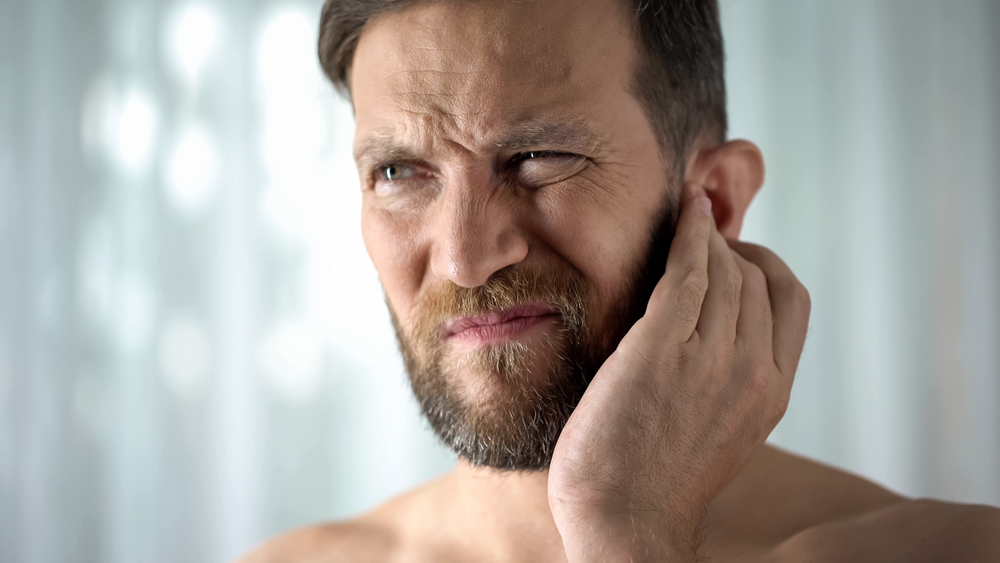
Coping with an itch in your inner ear can be very uncomfortable and disruptive. Before you put your finger or an object into your ear in an attempt to scratch the itch, you need to be aware of the root cause. Pinpointing the root cause of your ear itch will help you figure out the safest and most effective method to address it.
What triggers itchy ears?
There can be numerous underlying causes of itchy ears. Depending on the cause, there are ways to help safely relieve it.
Does earwax play a role?
Earwax, or cerumen, is a natural compound produced by your ears to protect and lubricate the ear canal. It plays an essential role in maintaining ear health. While too much earwax might need to be professionally removed, not enough earwax can result in dry itchy skin in your ear canal.
If you experience discomfort as a consequence of dryness, using a specialist-approved ear moisturizer can help return balance and alleviate the itch.
The affect of swimming on ear health
If someone who swims a lot fails to take the appropriate precautions, they will frequently encounter itchy ears. Water, including that in chlorinated pools, can harbor germs and pollutants that might result in ear infections. If water remains trapped in your ears after swimming, it can result in conditions like swimmer’s ear or eczema.
Keeping the ear canal dry by wearing a swimmer’s cap or earplugs will lessen the risk of infection.
Allergies and itchy ears
Itchy ears can be the result of allergies, including seasonal and food-based allergies. This reaction occurs because histamines are released into the body during an allergic reaction, leading to itching.
To manage this, using an antihistamine can help decrease the allergic response and subsequent itchiness.
Fungal infections in the ear
Yet another cause of itchy ears is fungal infections. These infections can prosper in warm, humid settings and can also be a risk for regular swimmers. Stopping fungal infections is strongly dependent on keeping the ears clean and dry.
If you think you might have a fungal infection, it is important to consult a specialist who can prescribe appropriate anti-fungal medication.
What are some preventative steps for itchy ears?
Knowing how to avoid itchy ears can save you from future irritation. Preserve ear health by taking these proactive steps:
- Avoid Hard Objects: Refrain from putting hard objects into your ears, as they can aggravate the sensitive skin.
- Manage Allergies: Reduce exposure to allergens that can trigger ear itchiness. The discomfort of itchy ears can be averted by understanding your allergies and doing what you can to steer clear of them.
- Keep Water Out: Use clean cotton balls to block water from getting into your ears while showering or bathing.
Consult us for a diagnosis and effective treatment if you’re experiencing severe or persistent itching in your ears.